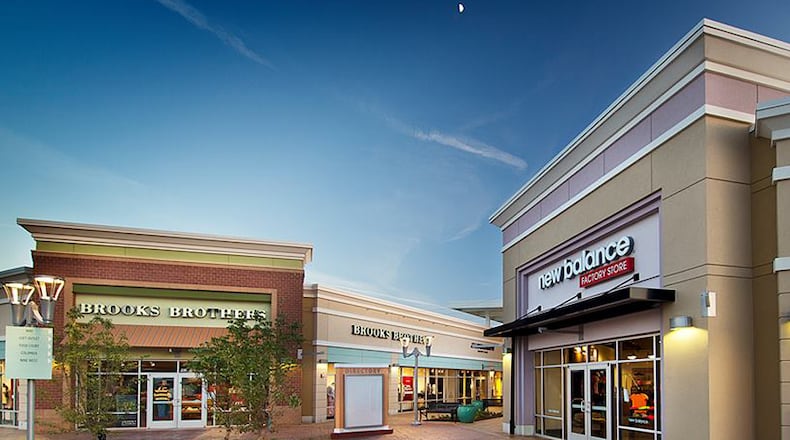CBL, a mall operator that owns three metro Atlanta shopping malls, is one of two major mall operators that have filed for bankruptcy protection Monday after the coronavirus pandemic has led to struggles for its current tenants and the permanent closures of several others.
CBL, which is based in Chattanooga, Tennessee, and Pennsylvania Real Estate Investment Trust, said their malls will remain open as they go through the bankruptcy process. CBL operates 107 malls across the country, including The Outlet Shoppes at Atlanta in Woodstock, the Landing at Arbor Place and Arbor Place, which are both in Douglasville.
More than 30 of its tenants have filed for bankruptcy protection this year and are shutting stores, including woman’s clothing retailer Ascena, which has 100 Ann Taylor, LOFT and other stores in CBL malls. CBL operates malls across the U.S., including several in the South such as CoolSprings Galleria in Franklin, Tennessee, Cary Towne Center in Cary, North Carolina, and Parkway Place in Huntsville, Alabama.
PREIT, based in Philadelphia, has more than 20 properties, including Cherry Hill Mall in Cherry Hill, New Jersey, and Viewmont Mall in Scranton, Pennsylvania.
The two bankruptcies come just before the crucial holiday shopping season. With reported coronavirus cases rising, malls will need to limit crowds during what is traditionally their busiest times of the year. At the same time, big retailers that didn’t have to close during the pandemic, such as Amazon, Target and Walmart, are benefiting as they push people to shop online.
PREIT and CBL, like all retailers and mall operators earlier this year, suffered major financial declines when stores were forced to close in the spring due to the COVID-19 outbreak. Months later, JCPenney, typically an anchor retailer at malls, was forced to begin closing its more than 150 stores across the country and lay off thousands of employees after filing Chapter 11 bankruptcy. Sears for the last few years had gradually been closing locations across the country, related to the increasing decline in department store shopping and rise of e-commerce.
Fellow mall operator, Simon Property Group, which owns 50 shopping malls in Georgia and across the country, forged a relationship with Amazon as a means of income in August. The company has agreed to turn closed anchor stores such as JCPenney and Sears into Amazon distribution centers.
About the Author
The Latest
Featured



